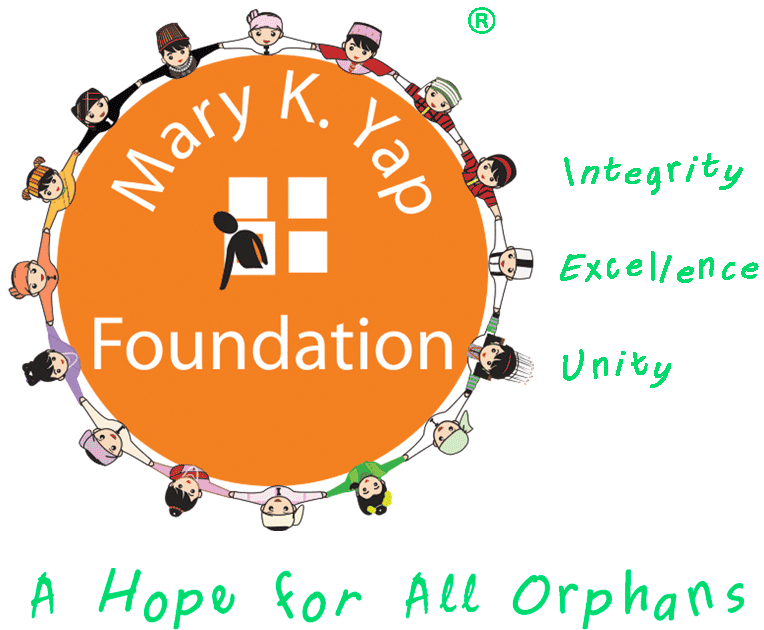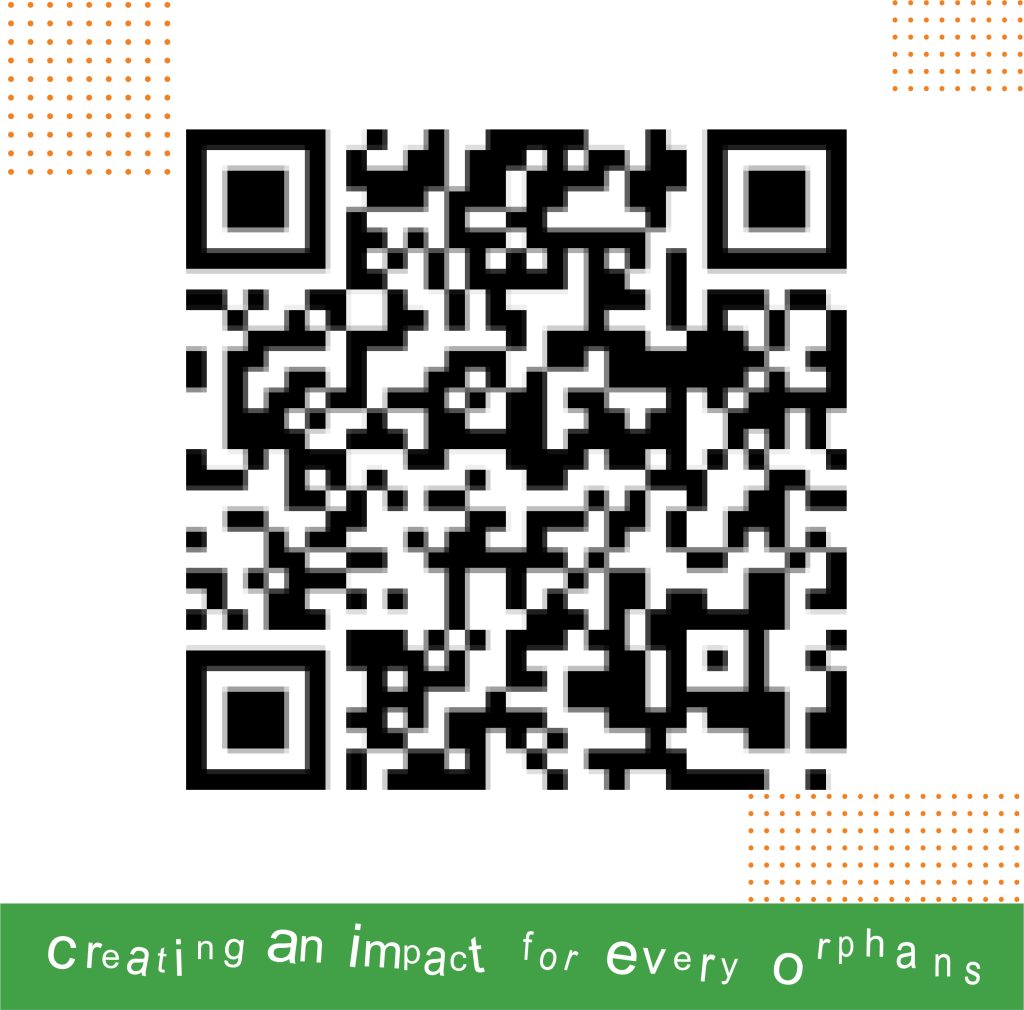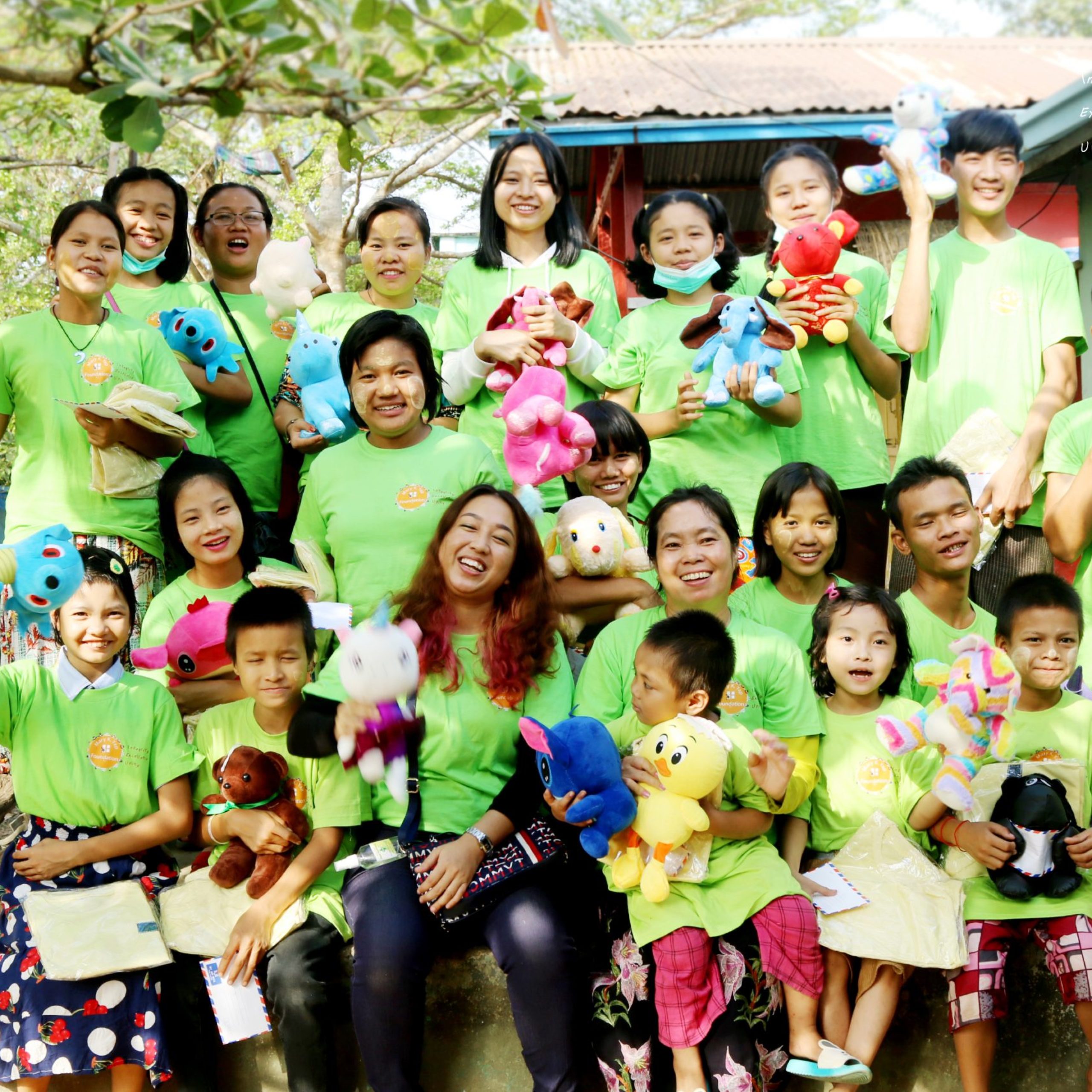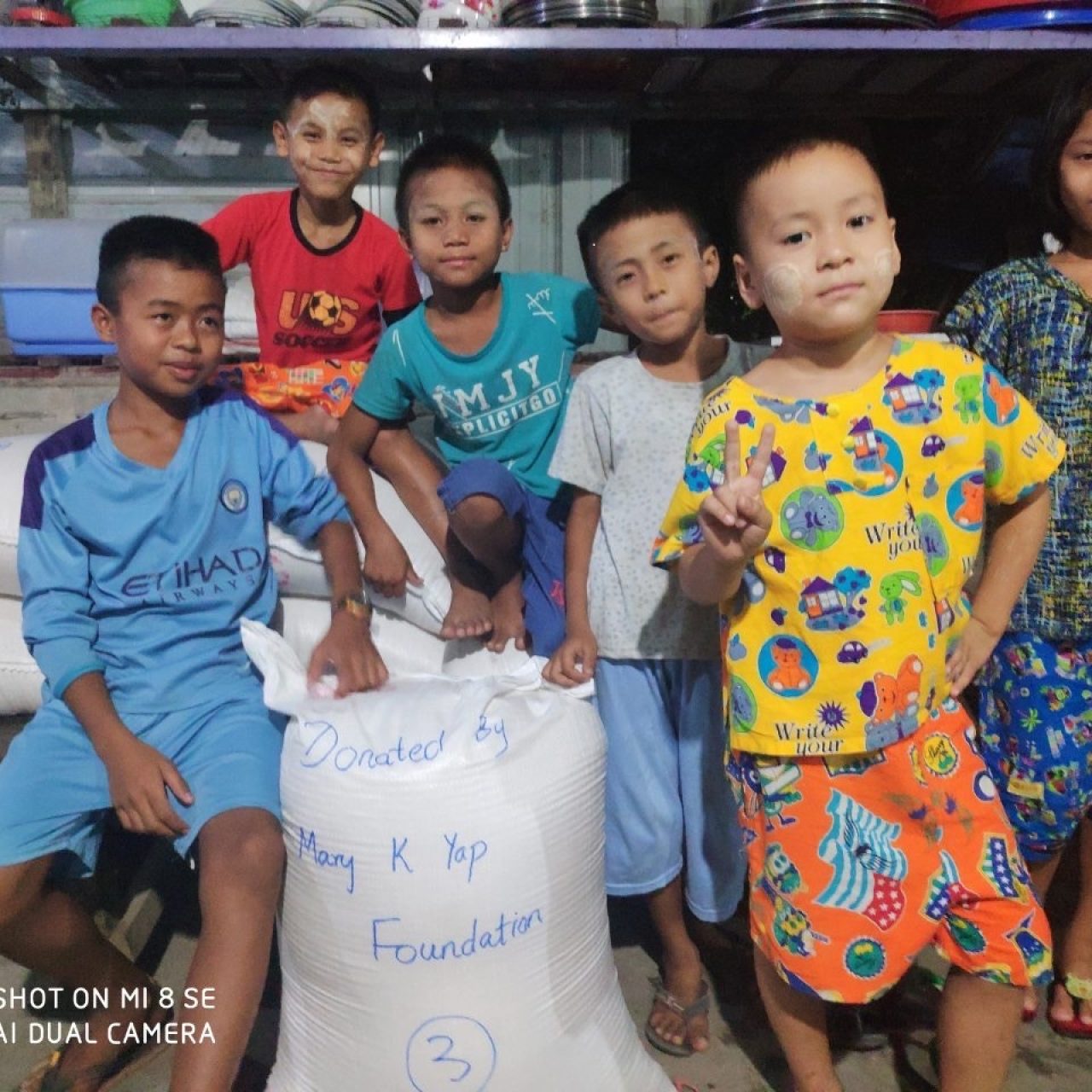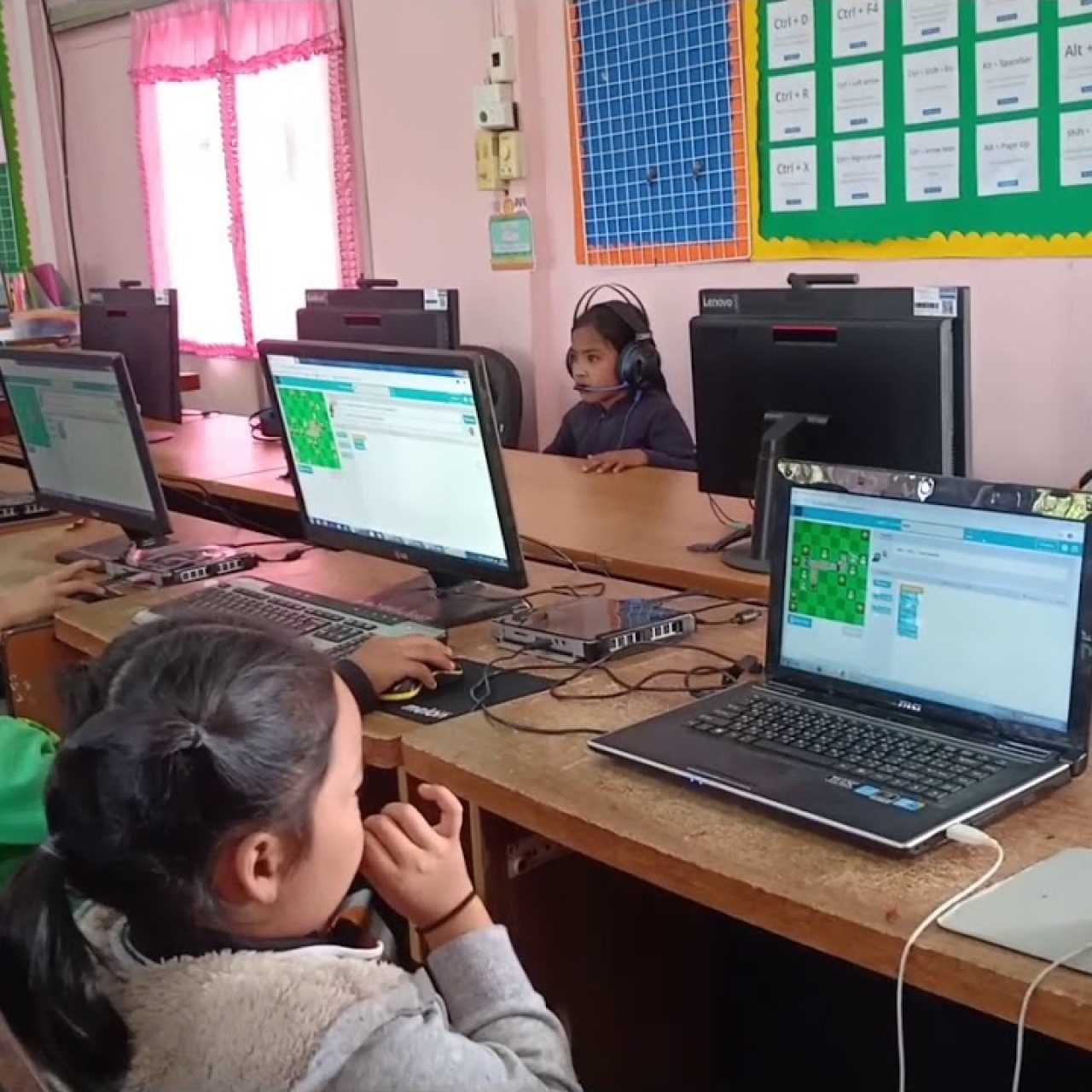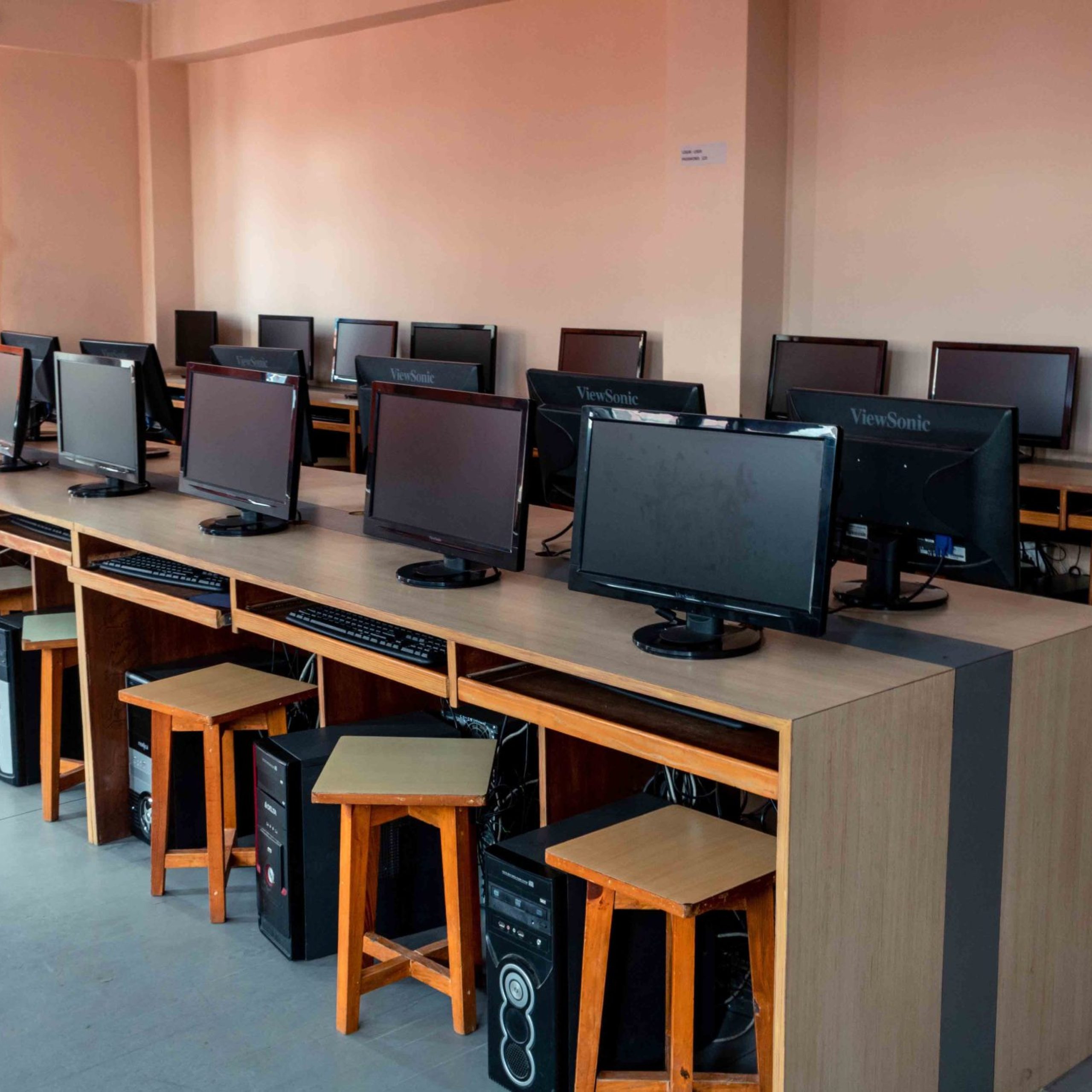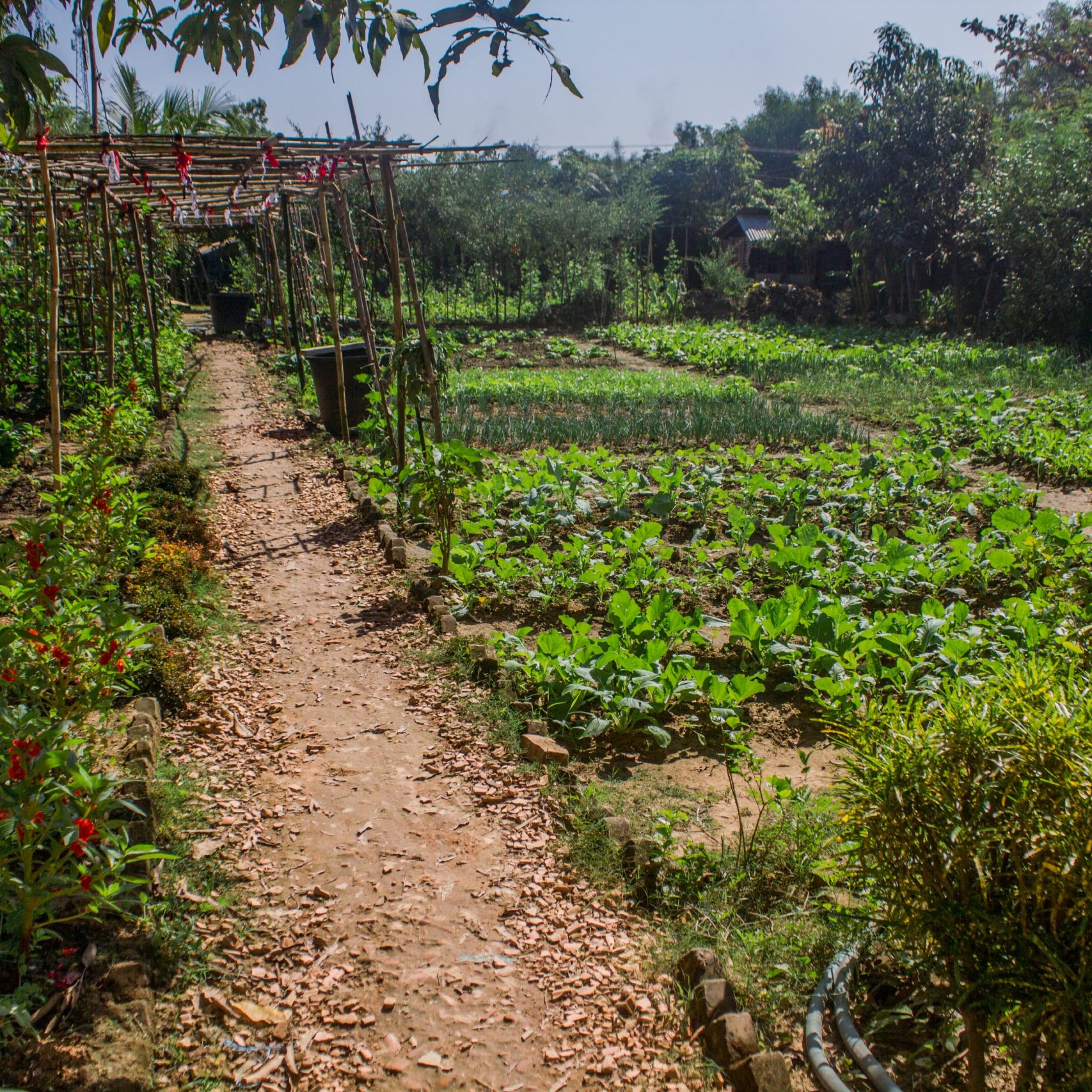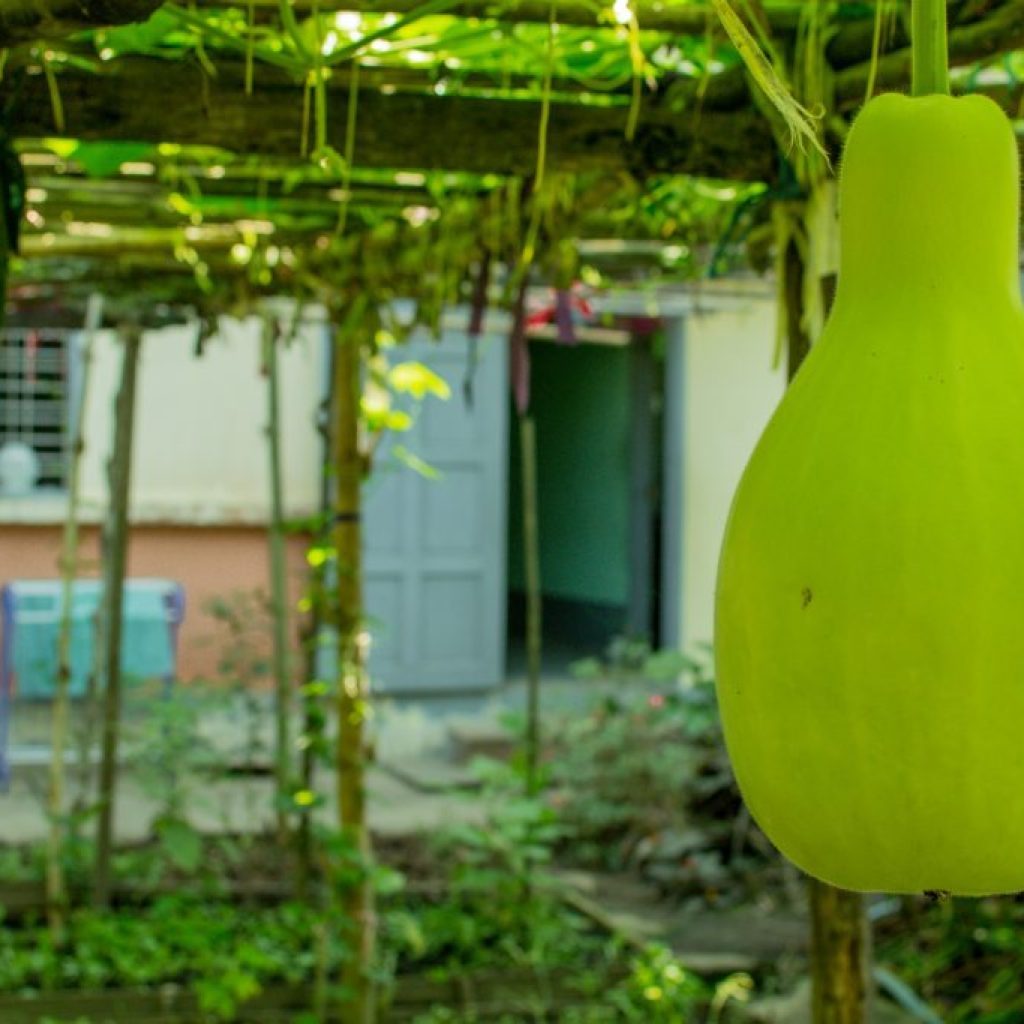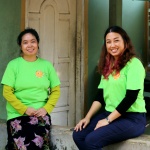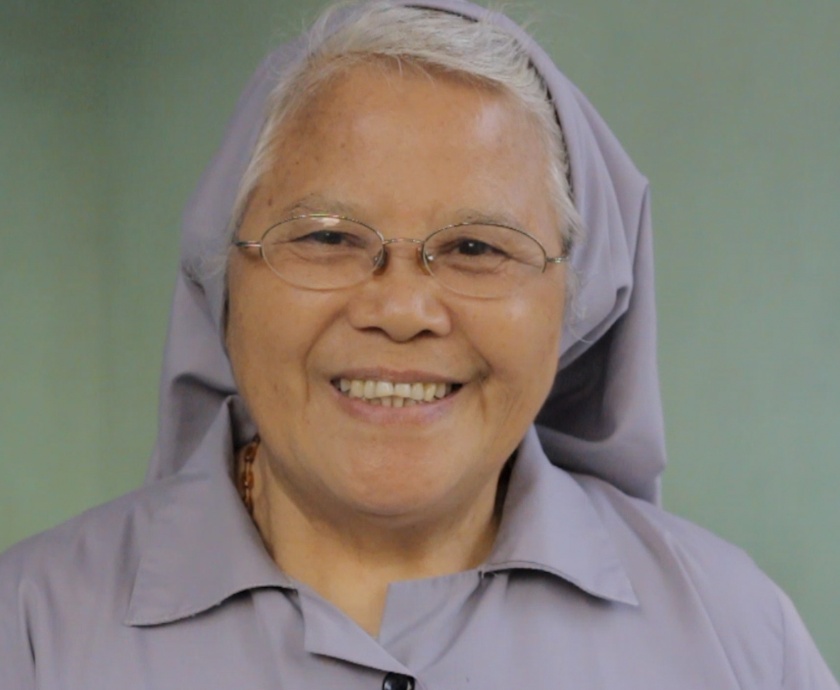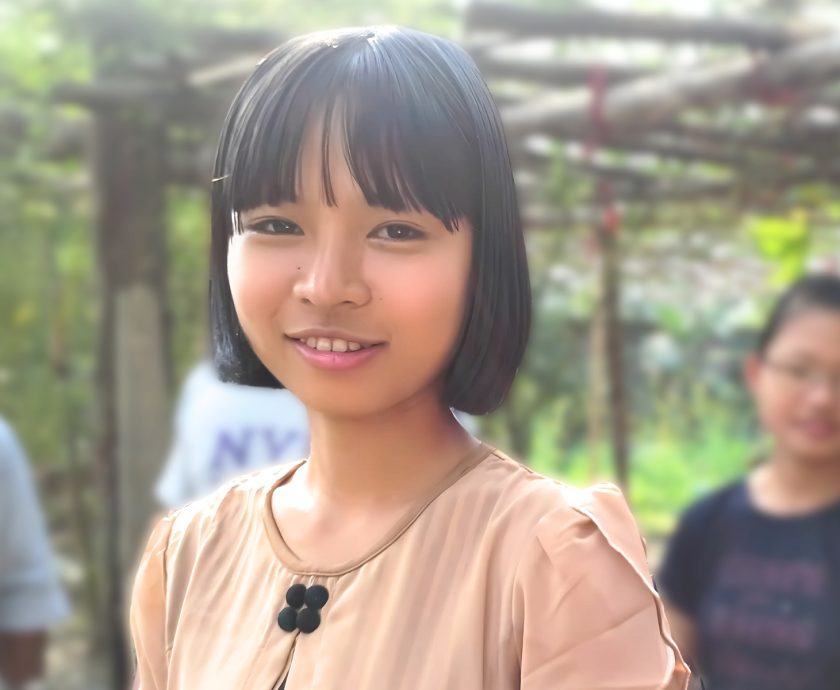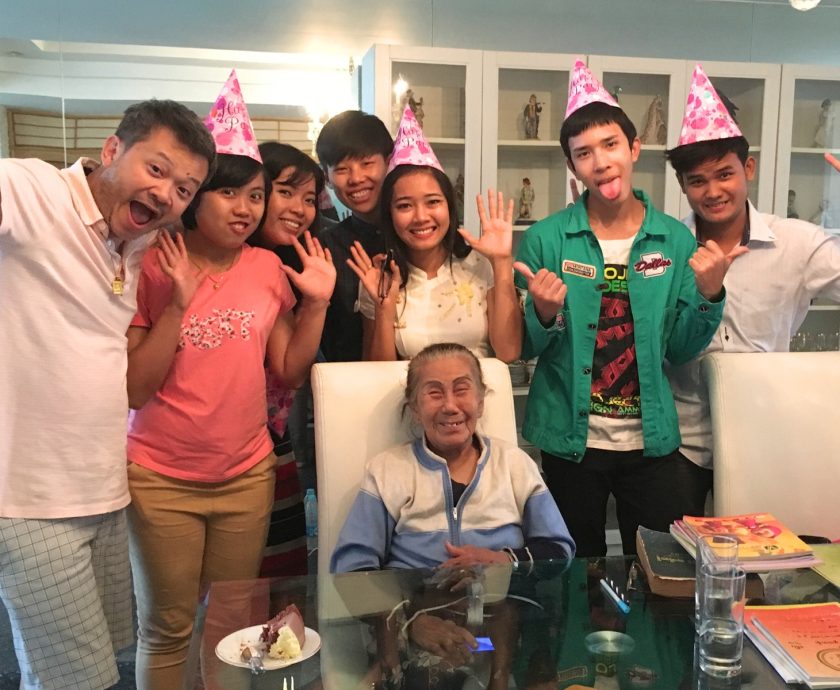After buying medicine for my mother, I boarded YBS 113 at the Pansodan bus station, paid the fare, and found a seat.
I was only a few stops away from home, but the intense heat made me unbearably thirsty. Even in a city where water is easily accessible, I found myself longing for a drink. It made me think—what about those in places without water? How much worse must it be for them?
That thought brought me back to my days as a journalist in 2013. On May 13 of that year, during a severe water shortage, I participated in my very first charity initiative. We donated 20-liter water bottles to families in Dala Township.In Burmese, the word for charity is “Para-Hita-Awaha”:
- Para means community
- Hita means benefit
- Awaha means contributing
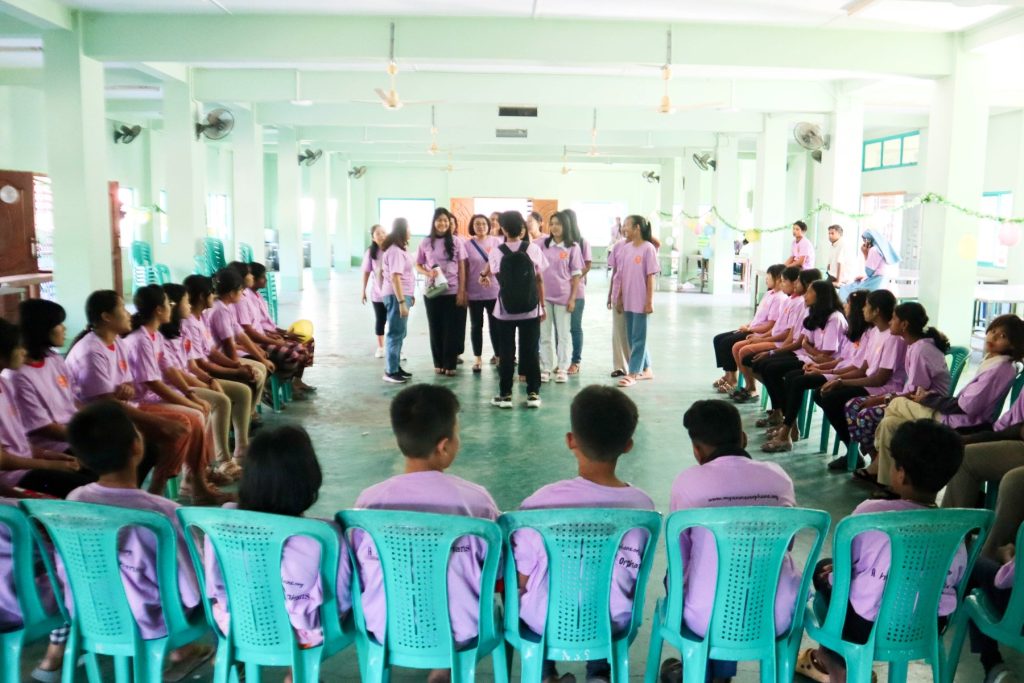
Kicking off the ParaHitaAwaha with the Children from St Francis Xavier in Thanlyin
So, charity—Parahita—means contributing to the well-being of the community, physically or intellectually. It is about fulfilling the needs of others, and in doing so, we experience a joy that echoes their gratitude. That hot summer, I remember families lining up with pots and pans, waiting to collect clean water from our truck. Their smiles—so warm, so grateful—touched me deeply. I wasn’t tired at all. Despite the heavy lifting and narrow alleyways, I only felt joy and contentment.
While lost in that memory on the bus, a small envelope suddenly landed on my lap. I picked it up. It read: “Please Donate Me.” Looking up, I saw an 8-year-old boy sitting nearby, instructing a 5-year-old to pass around the envelope. Some passengers gave money, while others looked away.
The 5-year-old asked softly, “Are we going back?”
The older boy replied jokingly, “Your mom would only feed you eggs!” and then added, “Let’s move to another bus.”
They hopped off and disappeared into the next bus. Watching them, a thought struck me: At least these children have someone—someone guiding them, even if imperfectly.
But what about orphans? What about those with no parents, and no one at all to rely on?
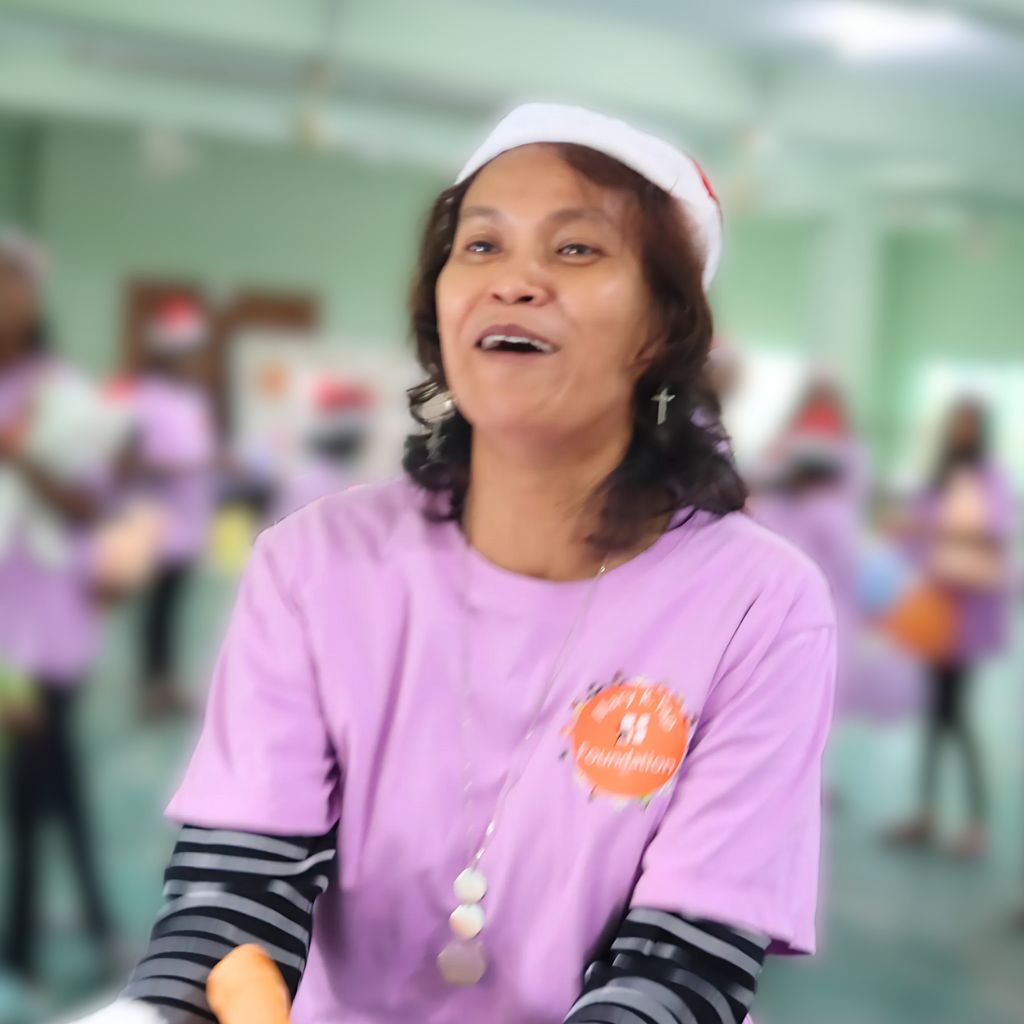
Nandar Aung at her first First Charity
Last Christmas, a friend from language school invited me to join a charity event at an orphanage in Thanlyin Township. I left my 82-year-old mother in the care of my aunt and joined the group—marking my second charity effort. What I witnessed there gave me goosebumps. Children from different ethnicities, skin tones, and backgrounds—all smiling the same smile. It was beautiful. I helped them put on the new uniform shirts we brought. We blew balloons, decorated the room with ribbons, and laughed together as we grew closer. Our group leader organized games, and the children participated with such joy. Later, we gave them paper to write about their dreams, hobbies, and goals.
We also hosted a group cook-out where they worked as teams to prepare meals. We captured every moment. While we recognized the winning team, we also encouraged and celebrated all the others, ensuring everyone felt included and proud. After a lunch of chicken rice and ice cream, we sang songs together, filled with laughter and love. Finally, it was time to say goodbye. We gave out toys and gifts, took group photos, and promised to return next year. On the way back, my classmates and I couldn’t stop talking and laughing. That day brought us all closer, thanks to the classmate who organized the visit. I’m forever grateful to her.
Not everyone can dedicate a lifetime to charity, but even a single day of sincere effort can bring peace and happiness to others. Charity isn’t always about money. It’s about your actions, your heart, and your willingness to lend a helping hand.
For me, participating in a charity is a form of paradise living.
By Htwe Nandar Aung, a volunteer.”
Direct Translation by MF Staff
